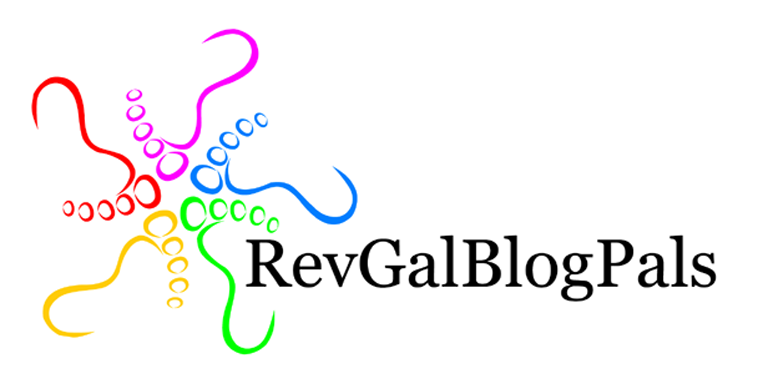If you tuned in last month, you read my ignominious blog, which happily was not as ignominious as I had feared. Stuck in my winter doldrums and with no creative burst in sight, I simply dashed off a stream-of-consciousness blog based on a word that was floating around in my head (ignominious) and hoped for the best.
Based on reader feedback, I need not feel humiliated by what felt like my lazy surrender to the doldrums. Since you guys liked it, and it’s still winter, and there have been no ensuing creative bursts, I’m doing it again.
Forthwith, a series of digressions about the word ratiocination:
Ratiocination isn’t a particularly fun word, not entertaining like ignominious or salubrious or sanguineous or serendipitous. It’s more like calibrated: a serious word. One who is engaged in ratiocination has no time for frivolity.
As you might know or guess, the word ratiocination means the process of forming judgments by a power of logic; reason. The process of exact, methodical thinking. How no-fun is that?
The word stuck out of May Sarton’s memoir like a logic puzzle lodged amongst lyrical poems. In Sarton’s book Recovering, one finds titmice and garden phlox and dogs and cats and poetry and people coming for tea or lobster salad. Not ratiocination.
In fact, May Sarton was actually talking about the opposite of ratiocination when she used the word: “That is the miracle, that my [ex]lover and I have come through together to a place of benign peace and light. Miracles cannot be explained, that is their miraculous nature. They are beyond ratiocination, so I cannot tell what has really happened.”

May Sarton
Courtesy NY Public Libraries
Although I’m partial to miracles and tend towards the intuitive, I can indeed think methodically when absolutely necessary. As it happens, I’m currently engaging in a nightly process of painful ratiocination, which I am bound and determined to survive. Working with a master wordsmith, I am studying what amounts to syntax on steroids, breaking down lovely lyrical prose into nominative predicates and adjectival infinitive phrases so that I can put them back together into suspended sentences and braided metaphors. This goes well beyond what I studied at Hopkins, and that was difficult enough for me. Syntactical ratiocination — now that’s kind of a fun phrase.

Ratiocinating Serenity
Since the enlightenment, human beings have put most of their energy into ratiocination. Everything must be sorted out and put into its proper, logical box. “It just doesn’t make sense,” is the ultimate dis.
For someone like me who grew up in a dysfunctional home, the need to “figure things out” is even stronger. In order to stay safe and keep things from blowing apart, kids in such homes feel they must know at all times what everyone is thinking and feeling so that they can control what’s going to happen. All children have a sense of over-responsibility; they think the world revolves around them and everything is a response to them. This is complicated in a volatile home because figuring out how to control circumstances feels like a matter of survival and it sometimes is.
Of course you can’t *know* what other people are thinking and feeling, and you can’t control their emotions or actions. Which is why people from dysfunctional homes find so much solace and recovery in Al-Anon, the twelve-step program for friends and families of alcoholics. There they learn to keep the focus on their own feelings and actions through the Serenity Prayer:
“God, grant me the serenity to accept the things I cannot change,
the courage to change the things I can,
and the wisdom to know the difference.”
What a relief to let go of the illusion of control and the need to figure things out!
The Serenity Prayer, which is used in all twelve-step programs, describes ratiocination from a God perspective. This might sound like an oxymoron. But if you believe in God, it makes perfect sense to rely on this Higher Power to help you sort out what you can and cannot change. Other people, places, and things are on the “cannot” list. But our baggage (history) may keep us from ratiocinating this out on our own.
Mind, Body, Spirit, Not Necessarily in that Order
I found the Oxford Dictionary’s two model sentences for ratiocination to be odd:
“One of his premises is that ratiocination is dependent on emotion, as mind is on body.”
And this: “One fondly imagines that one reaches opinions by personal ratiocination, but of course many of them one inherits.”
So underneath all of our pondering and “figuring out” are serotonin levels and cortisol rushes and veiled memories. We may think our minds rule supreme, that ratiocination is the highest function, but in fact we’re often ruled by heart and soul. Our gut, if you will.
And — dang if I didn’t end up back here again — it seems to me that there’s a God factor in this mix of heart and soul and mind. I just think there’s a higher power than the human mind. There is some higher Ratiocination going on in this ordered universe, and it includes the nudges and prompts and intuitions that guide our spirit life.
Stream-of-consciousness writing runs like a river; it really has no end. It spills into eddies and spins a while and then keeps going, sometimes riffled by the wind, sometimes calm and clear. I seriously did not mean to end up talking about God again, but most of my streams are going to eddy into God, unless they end up in climate change or maybe social justice.
Go figure.







